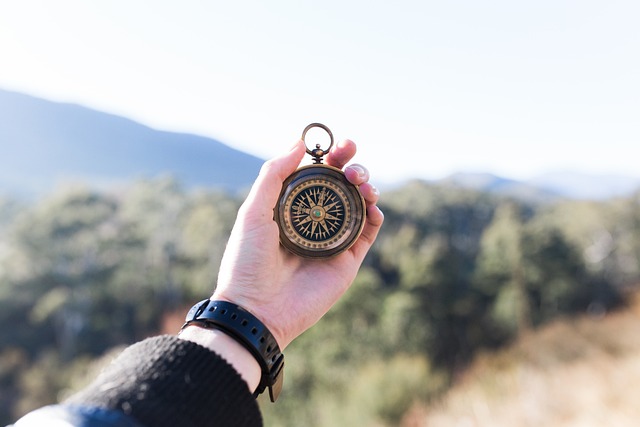AI's Crescendo: Reshaping the Music Industry
Artificial intelligence is stepping into the composer's chair, generating original music tailored to specific needs and tastes. Imagine unique background scores for videos, adaptive soundscapes for games, or focus music designed for your concentration patterns – AI is making these possibilities real, offering unprecedented levels of customization.
How Does AI Generate Music?

AI music generation relies on machine learning models, often deep neural networks. These models are trained on vast libraries of music – spanning diverse genres, eras, and styles – analyzing structure, harmony, melody, and rhythm. By learning the statistical patterns and relationships within this data, the AI can generate novel compositions. Users can often guide the AI by specifying parameters like genre, mood, instrumentation, and tempo, acting as a director for their virtual composer.
Hyper-Personalized Listening Experiences
AI excels at creating highly personalized listening experiences. While platforms like Spotify use AI primarily for *recommending* existing songs based on your habits ('Discover Weekly' is a prime example), emerging AI tools can actually *generate* unique, royalty-free music streams tailored to your current mood, activity (like running or relaxing), or even ambient conditions.
This level of personalization goes beyond curated playlists of existing tracks; it opens the door to truly unique sonic environments crafted in real-time by AI, responding dynamically to user input or context, offering a soundtrack literally composed for you.
On-Demand Compositions: Music Tailored to Your Needs
Need music for a specific project? AI offers a powerful solution. Content creators, developers, and businesses can use AI platforms to generate custom, royalty-free music for videos, podcasts, apps, or presentations quickly and affordably. Need an upbeat synthwave track for a product demo, or a calming ambient piece for a meditation app? AI tools provide near-instant results, bypassing traditional licensing hurdles and studio costs.
The Future: Human Artistry Meets Artificial Intelligence
While AI's autonomous capabilities are impressive, perhaps the most exciting frontier lies in human-AI collaboration. Composers and musicians can leverage AI as a creative partner – using it to brainstorm initial motifs, explore harmonic variations, generate accompaniment patterns, or even overcome creative blocks. The AI provides possibilities, while the human artist provides the taste, refinement, and emotional depth. This synergy promises to augment human creativity and unlock new musical territories.
Navigating Ethical and Copyright Frontiers

The rapid advancement of AI music generation introduces significant ethical and legal discussions. Key questions revolve around copyright ownership for AI-created works, the potential for AI to replicate styles too closely, and ensuring fairness for human artists. Addressing these requires careful consideration and evolving frameworks.
- Evolving copyright law and ownership models for AI creations.
- Potential for algorithmic bias reflecting imbalances in training data.
- Need for transparency in AI models and data sources used for training.
- Ensuring fair compensation and attribution in human-AI collaborations.